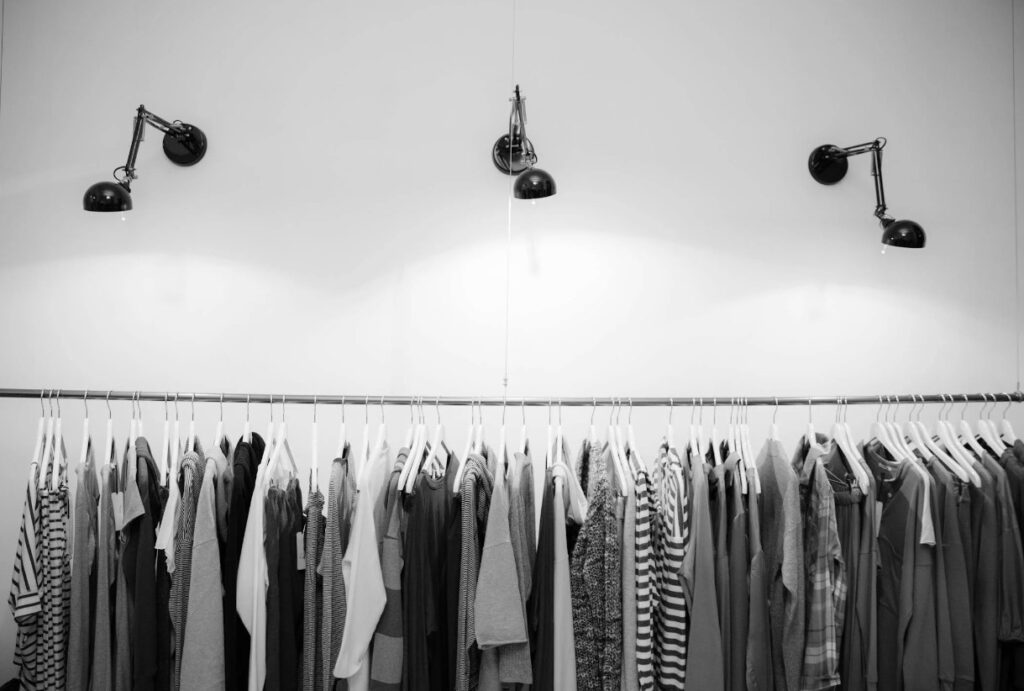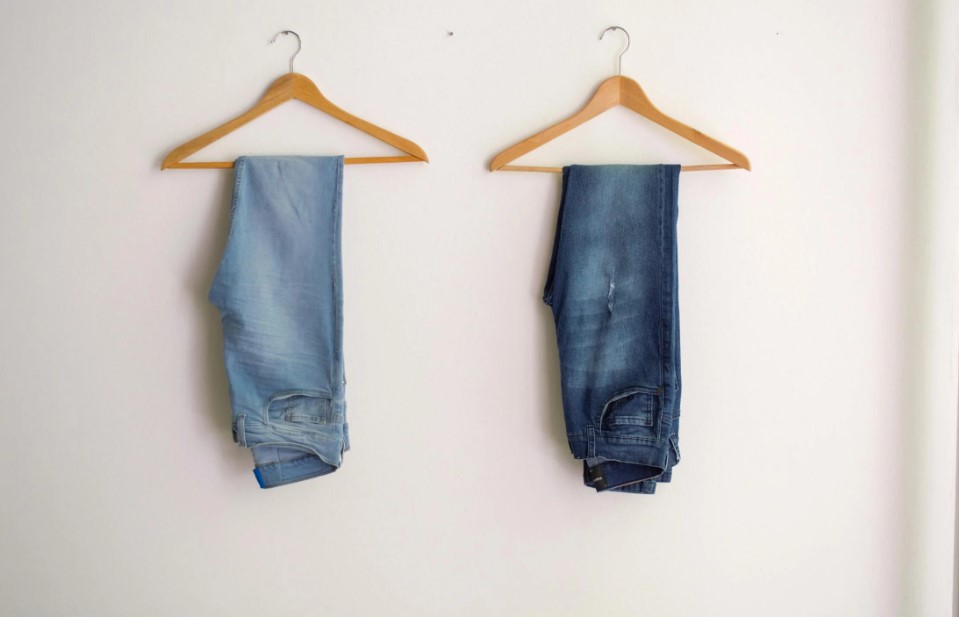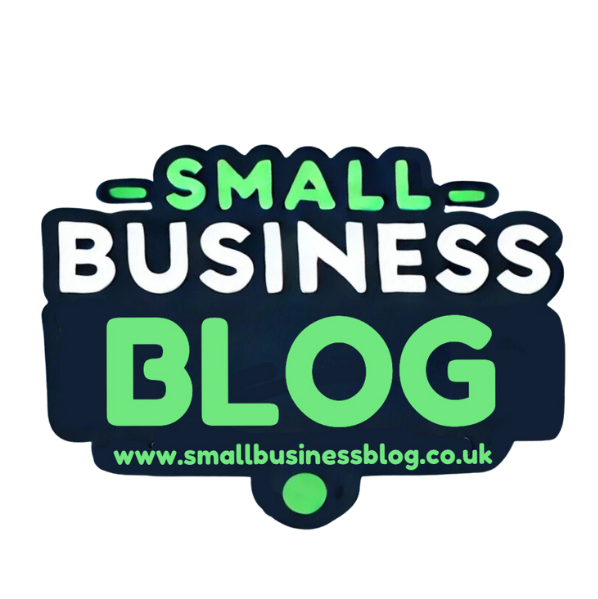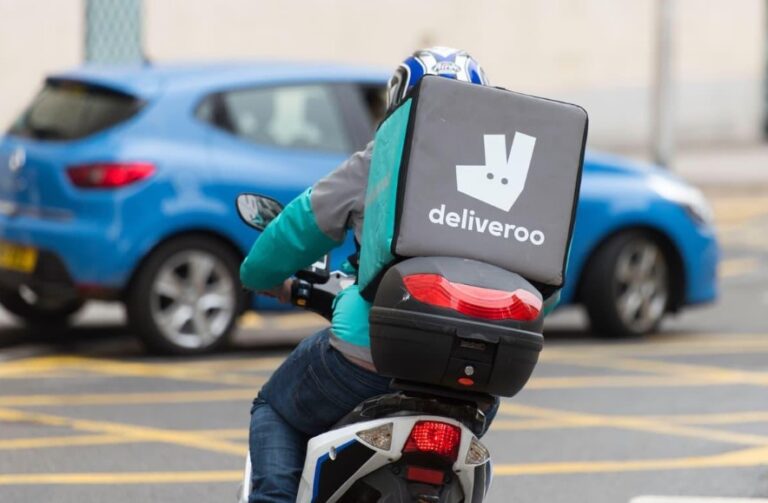How Much Does it Cost to Start a Clothing Business in the UK?
Cost of Setting Up a Clothing Business in the UK
Cost of Registering a Clothing Business
The first step in starting a clothing business in the UK involves registering your business with the appropriate authorities. The cost of registering a company with Companies House is typically £12 if done online and £40 by post. You may also need to consider legal and accounting fees, which can range from £150 to £500 depending on the complexity of your business structure. These fees ensure that your business is compliant with legal requirements and that your financial records are in order from the start.
Legal and Accounting Fees for Clothing Brand
In addition to registration, it’s wise to set aside around £300 to £1,000 for ongoing legal and accounting services. These services will help you navigate tax regulations, manage payroll, and handle any legal issues that may arise.

Cost of Renting or Leasing a Retail Space
Cost of Retail Shop Rental
Securing a location for your clothing business is one of the most significant expenses. Retail shop rental prices vary greatly depending on location, with prime high street locations costing between £1,000 to £5,000 per month. Less central locations may cost between £500 to £1,500 per month.
Lease Agreements and Initial Deposits for Clothing Business
When leasing a space, expect to pay an initial deposit equivalent to three to six months’ rent, along with legal fees for drafting the lease agreement, which can range from £500 to £1,500. Additionally, there may be service charges and maintenance fees depending on the terms of the lease.
Renovation and Shopfitting Costs
Transforming a rented space into a functional and appealing retail store involves renovation and shopfitting costs. These can range from £5,000 to £50,000 depending on the size of the shop and the level of customization required. This includes costs for shelving, lighting, flooring, and other fixtures.

Cost of Inventory and Stock
Initial Cost of Clothing Inventory
The initial investment in stock is crucial. For a small to medium-sized clothing business, you should budget between £10,000 to £50,000 for your initial inventory. This cost depends on the type of clothing you plan to sell, your suppliers, and whether you’re purchasing locally or importing goods.
Supplier Sourcing and Bulk Purchasing
Working with reputable suppliers can help reduce costs. Bulk purchasing can often result in discounts, but it also requires a larger upfront investment. You should also factor in the cost of shipping and import duties, which can add another £1,000 to £5,000 depending on the source of your inventory.
Cost of Equipment and Technology for Clothing Brand
Cost of Essential Equipment for a Clothing Store
Setting up your store with the necessary equipment is another significant cost. A modern point-of-sale (POS) system, including software and hardware, can cost between £500 to £2,000. You’ll also need computers, which may cost around £500 to £1,500 each, depending on your needs.
Display Racks, Hangers, and Storage
Investing in display racks, hangers, and storage solutions is essential for showcasing your clothing line. The cost for these items can range from £1,000 to £5,000 depending on the size of your store and the quality of materials chosen.

Cost of Marketing and Branding for Clothing Business
Marketing and Advertising Costs for Clothing Business
To attract customers, a well-thought-out marketing strategy is essential. You should budget between £2,000 to £10,000 for initial marketing and advertising efforts, which might include branding, logo design, business cards, flyers, and online ads.
Clothing Business Website Development and E-commerce Setup
If you plan to sell online, developing a professional website is crucial. A basic e-commerce website can cost between £1,000 to £5,000, while a more complex site with custom features might run up to £10,000 or more. Don’t forget ongoing costs for hosting, maintenance, and updates, which can add another £500 to £2,000 annually.
Social Media Marketing and Online Advertising for Clothing Brand
Social media marketing and online advertising are also key components of your marketing budget. Depending on the scale of your campaigns, this can range from £500 to £5,000 per month.
Cost of Hiring and Staffing
Employee Salaries and Training Costs
Hiring staff is another major expense. The average salary for a retail worker in the UK is around £18,000 to £25,000 per year. If you need more specialized roles like a store manager or a marketing coordinator, those salaries can range from £25,000 to £40,000 annually.
Payroll Taxes and Employee Benefits
In addition to salaries, you’ll need to account for payroll taxes, which typically add about 13.8% to your wage costs. Employee benefits, such as pensions, healthcare, and other perks, can add another £500 to £2,000 per employee annually.
Cost of Recruitment and HR Services
If you use recruitment agencies or HR services, expect to pay fees ranging from 10% to 20% of the employee’s first-year salary. Additionally, you may need to invest in training programs, which could cost between £500 to £3,000 depending on the level of training required.
Cost of Business Insurance For Clothing Business

Types of Insurance Needed for a Clothing Business
Insurance is a non-negotiable expense for protecting your business. You will need public liability insurance, which typically costs between £100 to £500 per year. Additionally, you might need employer’s liability insurance (around £100 to £500 annually), product liability insurance (between £200 to £1,000 annually), and stock and contents insurance (between £200 to £2,000 annually).
Ongoing Operational Costs
Utilities and Maintenance Costs
Running a physical store involves ongoing operational costs such as utilities. Electricity and water can cost between £100 to £500 per month, depending on the size of your store and its location. Waste disposal and recycling services can add another £50 to £150 per month.
Ongoing Supplies and Replenishments
You’ll also need to regularly replenish your stock, with costs varying widely depending on sales volume and product range. Regular orders to maintain inventory levels might cost between £5,000 to £20,000 monthly.
Cost of Licenses and Permits
Licensing Requirements for a Clothing Business
Depending on your location, you might need specific licenses or permits to operate. Local council permits can cost between £50 to £500 annually. Additionally, if you plan to use signage outside your store, you might need a signage permit, which could cost between £100 to £1,000 depending on the size and type of sign.
Contingency and Miscellaneous Costs
Unexpected Expenses
Every business should have a contingency fund to cover unexpected expenses such as emergency repairs, legal fees, or unforeseen regulatory changes. It’s advisable to set aside at least 10% of your total startup costs, which could be anywhere from £5,000 to £20,000, depending on your business size.
Reserve Funds for Unforeseen Challenges
Having reserve funds can be the difference between weathering a slow season or going out of business. A good rule of thumb is to have at least three to six months’ worth of operating expenses in reserve.

Related Article: How to Start a Small Clothing Business from Home?
FAQs
1. What is the average cost to start a small clothing business in the UK?
The average cost to start a small clothing business in the UK can range from £25,000 to £100,000, depending on location, inventory, and other factors.
2. How much should I budget for marketing in a clothing business?
You should budget between £2,000 to £10,000 for initial marketing efforts, with ongoing monthly expenses ranging from £500 to £5,000.
3. What are the key costs to consider when opening an online clothing store?
Key costs for an online clothing store include website development (£1,000 to £10,000), marketing (£500 to £5,000 per month), and inventory (£10,000 to £50,000).
4. Is it cheaper to start an online-only clothing business?
Starting an online-only clothing business can be cheaper as you avoid costs like retail space rental and related utilities. However, significant investments in e-commerce infrastructure and online marketing are still required.







